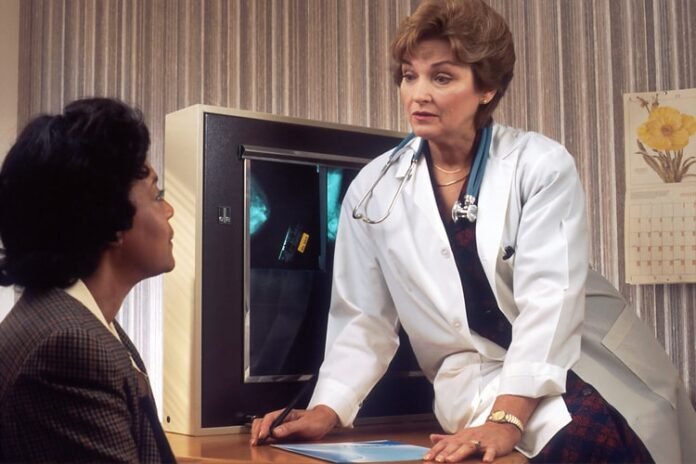If you or someone you know has been diagnosed with dysphagia, here’s everything you need to know about the condition.
What is dysphagia?
While it sounds like a complex word, dysphagia is actually just the medical term for swallowing difficulties.
People suffering from dysphagia struggle to swallow certain foods and liquids. In worse cases, sufferers can’t swallow anything at all.
What are the symptoms of dysphagia?
One of the obvious symptoms of dysphagia is coughing while eating and drinking. Sufferers may even bring food back up through the mouth or nose.
A more subtle symptom is feeling as if food is stuck in your throat or chest.
Those who struggle with dysphagia can also have difficulty chewing certain food properly, with persistent drooling and a gurgly voice.
Side effects may also include weight loss or frequent chest infections.
Can dysphagia be cured?
Most of the time, dysphagia can be treated or cured. Unfortunately, sometimes this isn’t always possible.
Treating dysphagia mainly involved making it easier to swallow via special exercises or changing the consistency of food and drink. For example, SimplyThick is a liquid thickener popular with those struggling with dysphagia, as it makes the drink easier and safer to consume. For those with a more server version of the condition, a feeding tube may be required.
In terms of surgical treatment, some can have a procedure in which the esophagus is widened with a stent to make it easier for food to go down.
How dysphagia occurs
Dysphagia doesn’t often occur on its own. Most commonly, it is linked, or caused by, other health conditions. For example, those who suffer injury to the nervous system – such as a stroke, dementia, or multiple sclerosis – may have difficulty swallowing.
Similarly, cancer can cause dysphagia, especially mouth or esophageal cancer.
GORD (gastro-esophageal reflux disease) occurs when stomach acid backs up into the esophagus, which ultimately makes it difficult to swallow food and liquids.
Children who develop a learning disability like cerebral palsy may also struggle with dysphagia.
The dangers of dysphagia
Obviously, difficulty swallowing can cause all sorts of other issues. For children, it can make meal times incredibly stressful and lead to more behavioral issues developing.
One major danger of dysphagia is the risk to the airways. When you cough up food, it has the chance to go down ‘the wrong hole’, which can ultimately make breathing difficult and lead to chest infections and more serious illnesses like pneumonia.
Even a small piece of food can cause aspiration pneumonia, which is why treating dysphagia early on is so important.
Dysphagia can also create food or drink-related anxiety, with many people avoiding certain things in fear of choking. This can often lead to malnutrition and dehydration if the psychological side isn’t managed.
When to see a doctor about dysphagia
Using the symptoms or signs of dysphagia above, you should seek medical advice as soon as possible. Your doctor will be able to advise on exercises and other treatments, as well as recommend any products or foods that may help.
It’s important to not ignore the early signs of dysphagia, as early diagnosis can help rule out esophageal cancer and other more serious conditions.



